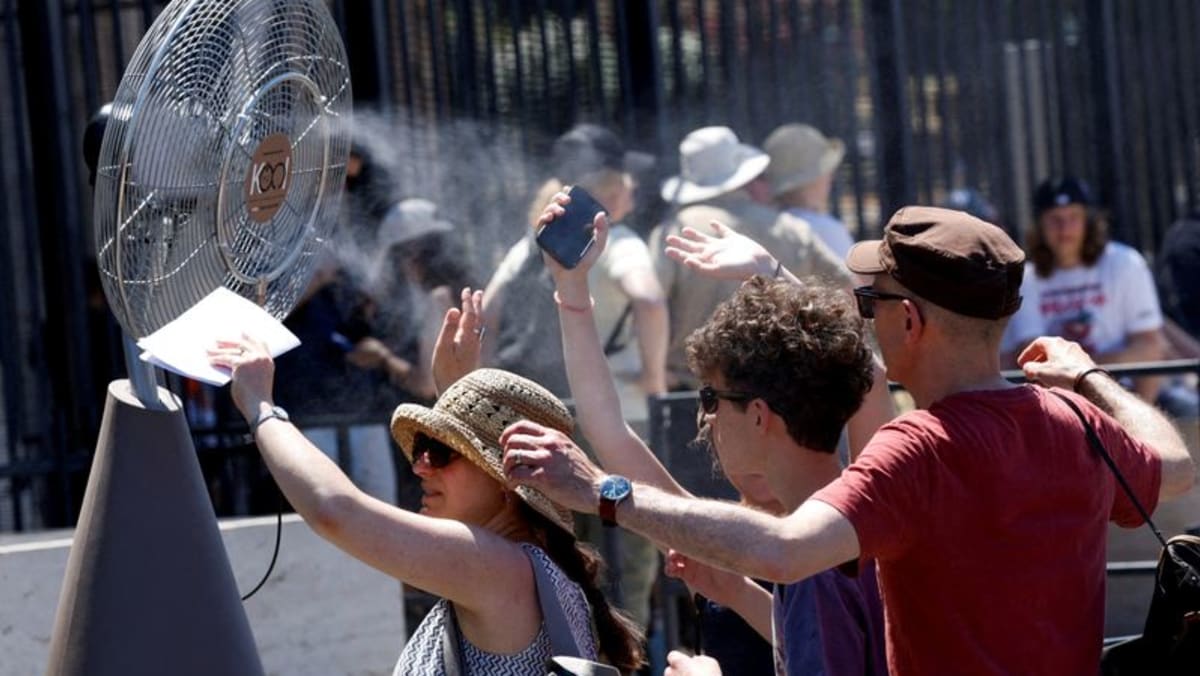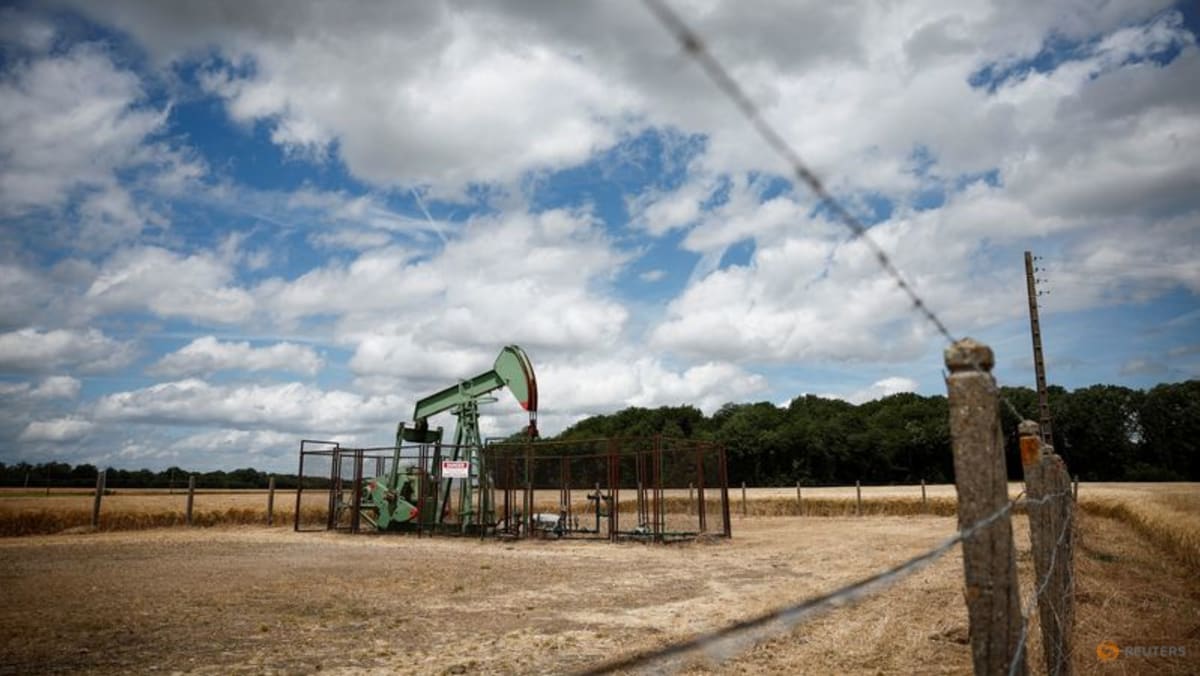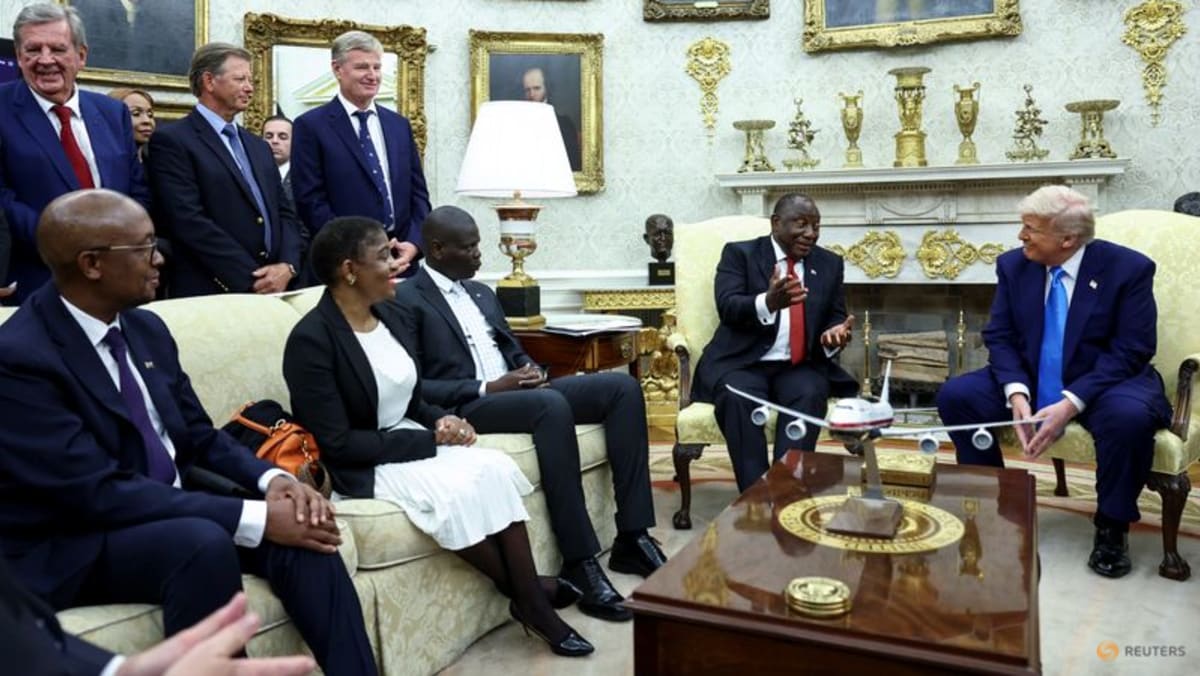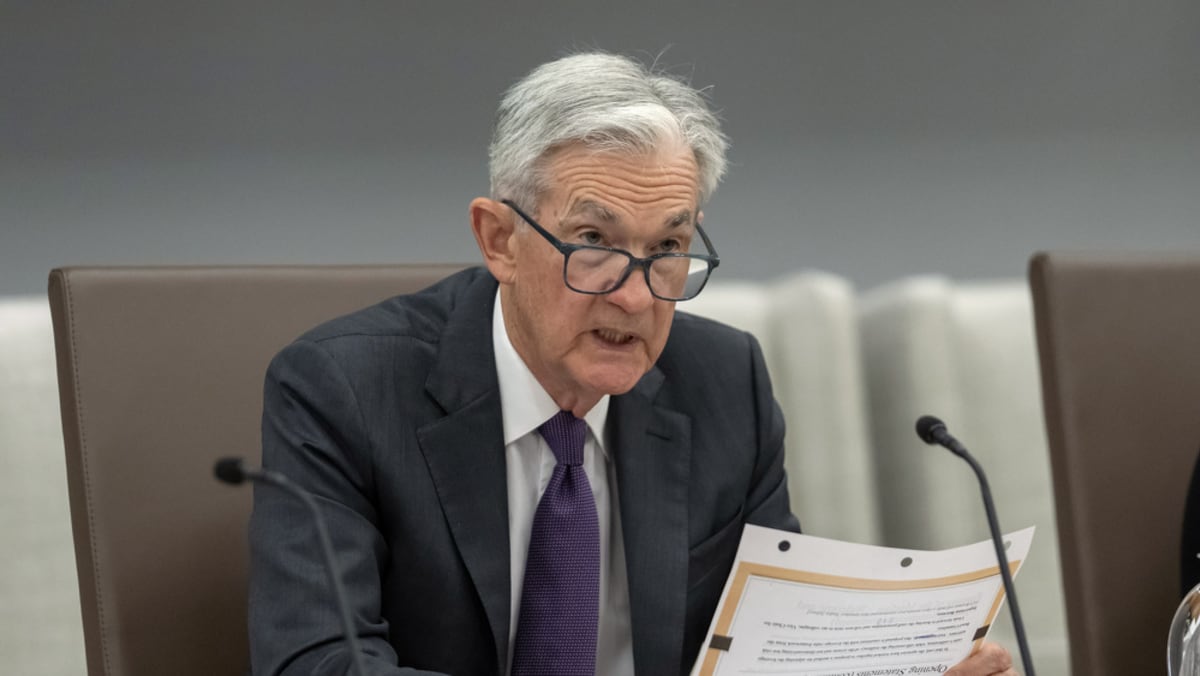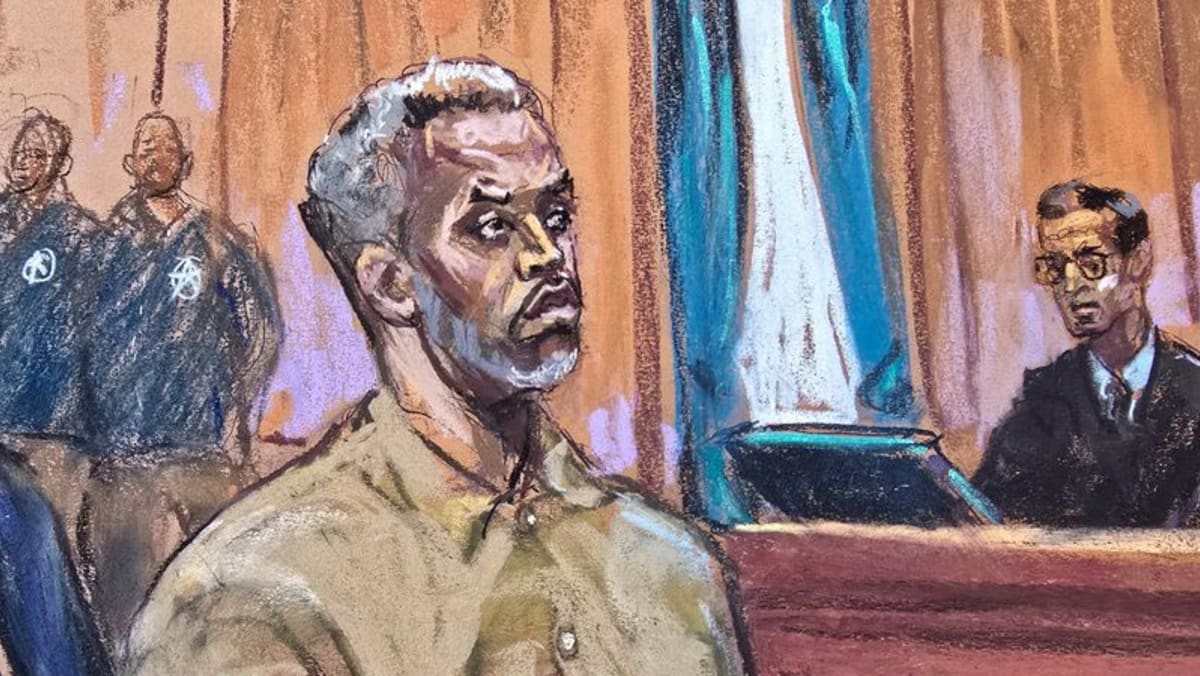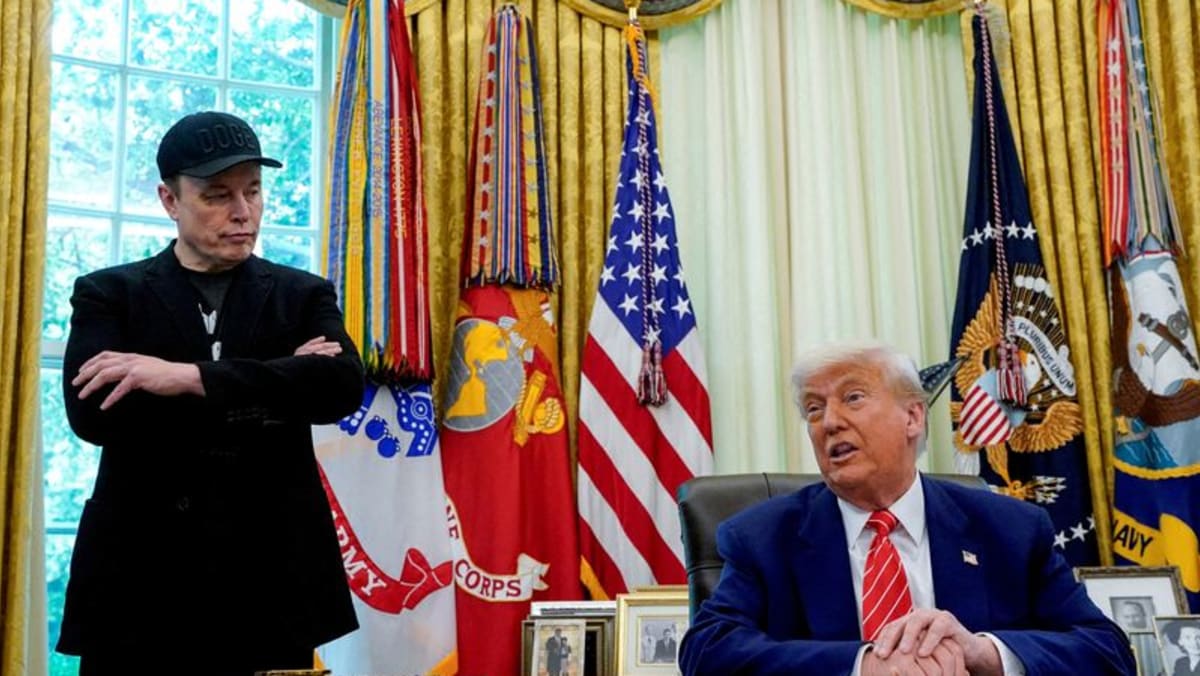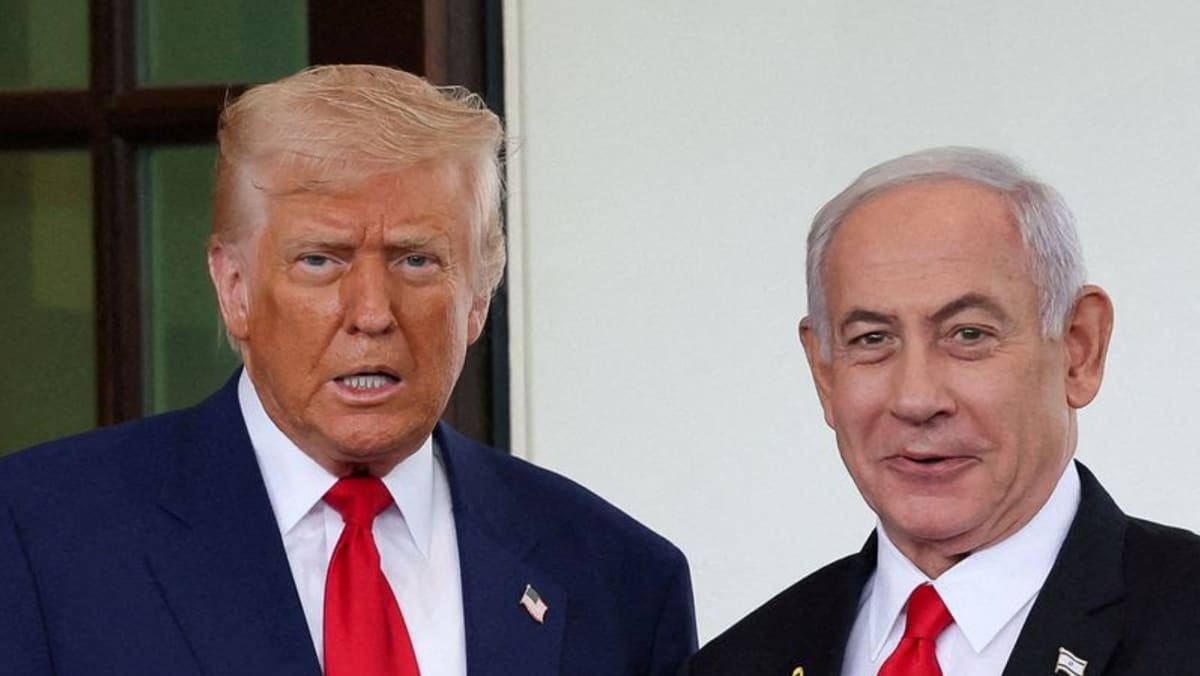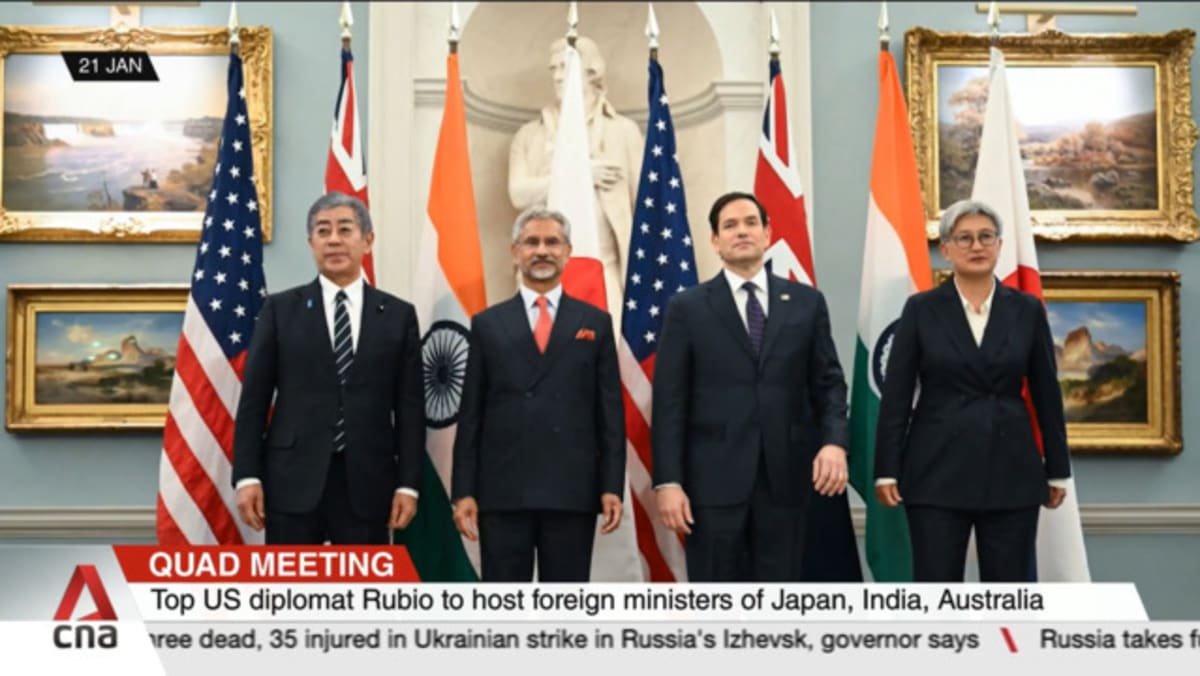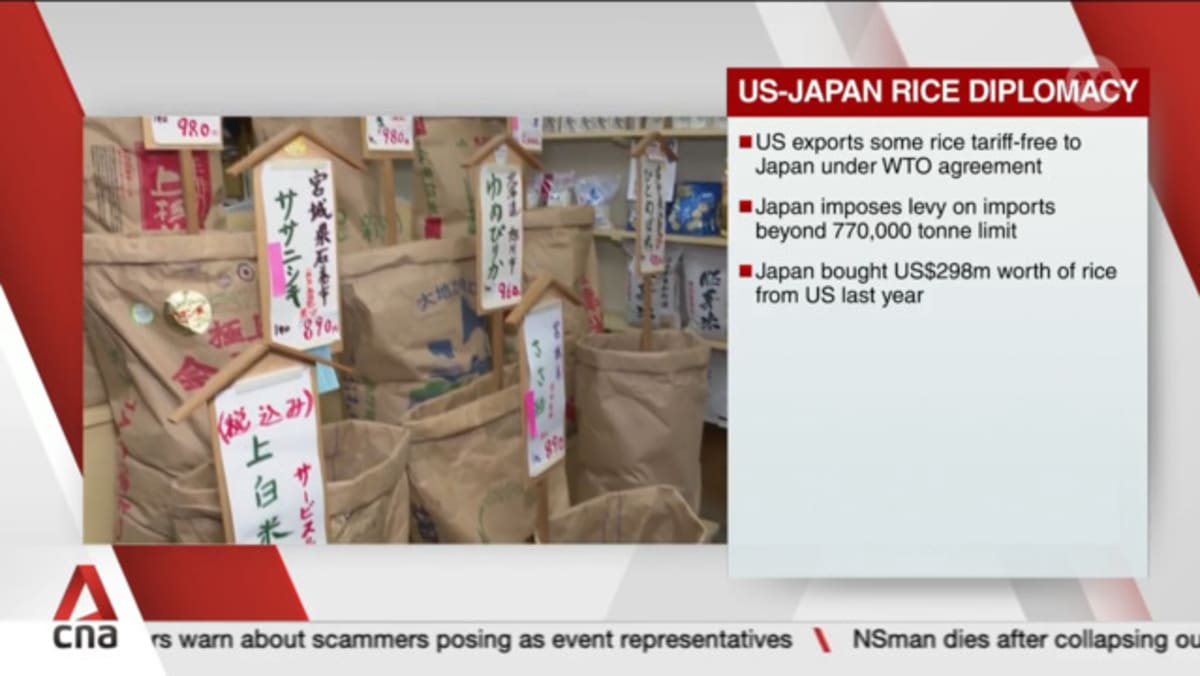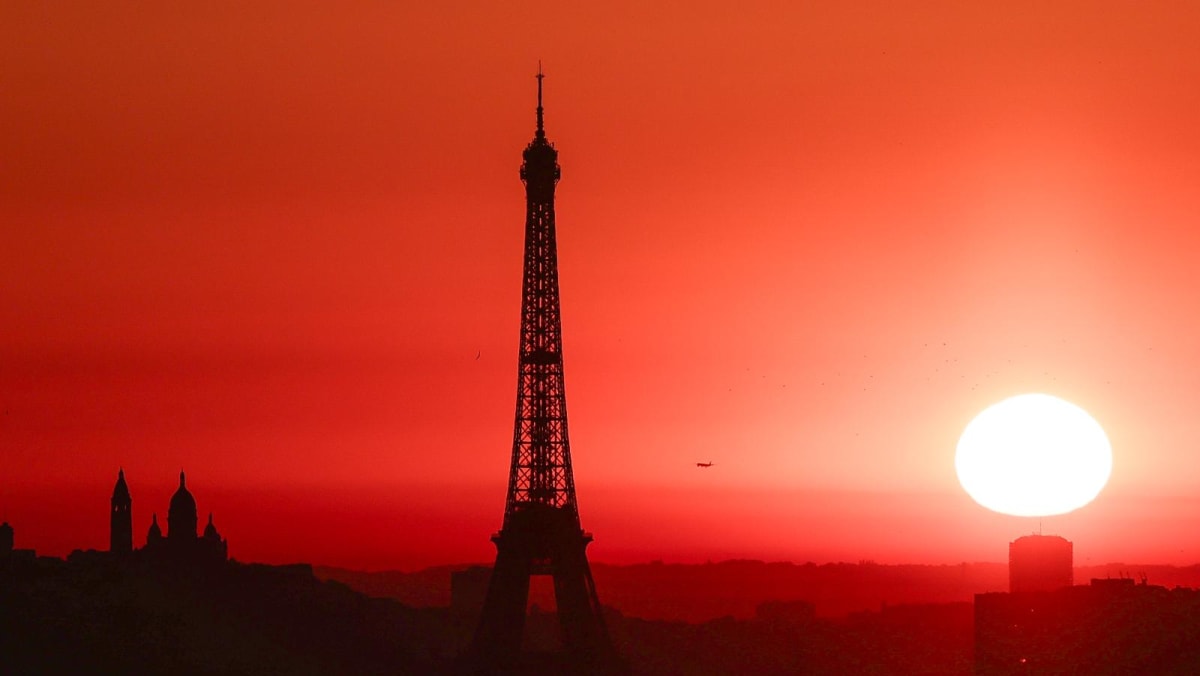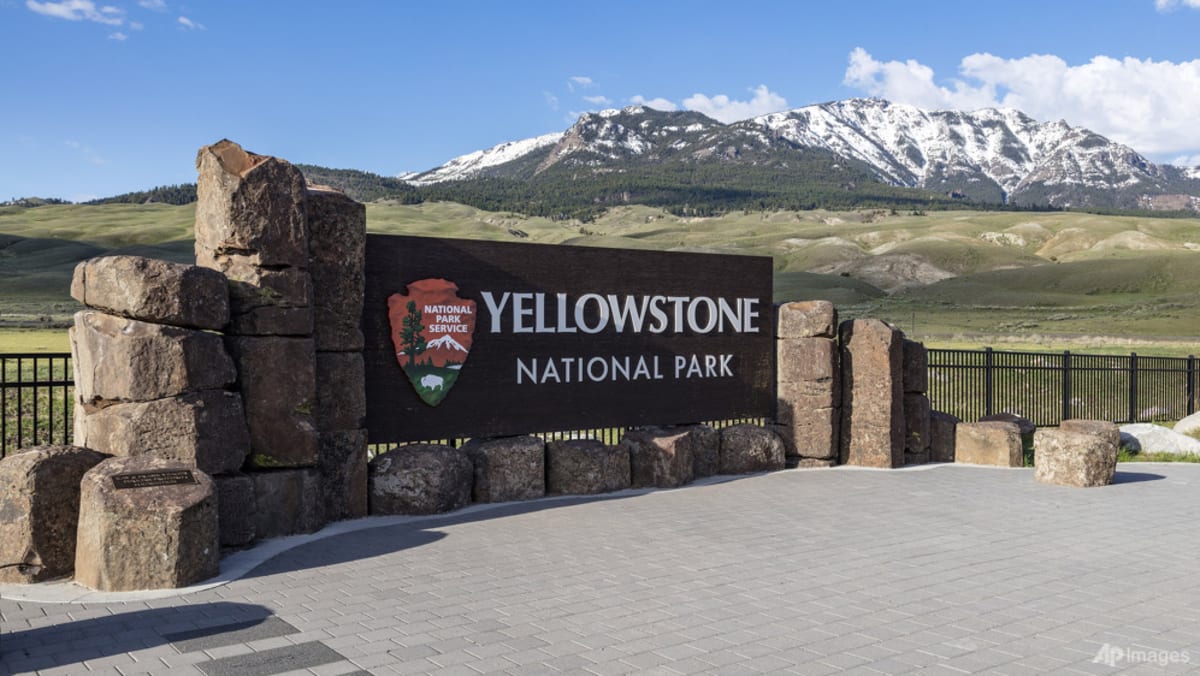JOHANNESBURG: South Africans expressed dismay on Thursday (May 22) at how US President Donald Trump’s false claims of a white genocide dominated a conversation with President Cyril Ramaphosa, and many wondered if his trip to Washington was worth the trouble.
Ramaphosa included popular white South African golfers in his delegation and he had hoped talks with Trump in the White House on Wednesday would reset relations with the United States, which have nosedived since the US leader took office in January.
But Trump spent most of the conversation confronting his visitor with false claims that South Africa’s white minority farmers are being systematically murdered and having their land seized.
“He didn’t get Zelenskyyed. That’s what we have to hang onto (He) did not get personally insulted by the world’s most horrible duo of playground bullies,” Rebecca Davis of the national Daily Maverick wrote.
At a February White House meeting, Trump and Vice President JD Vance berated Ukrainian President Volodymyr Zelenskyy, calling him ungrateful for US military aid, and Zelenskyy heatedly tried to argue his case.
For some, though, Ramaphosa’s cool composure raised the question of what was achieved by his having subjected himself to the onslaught.
“I don’t think it was the right call. I don’t think we need to explain ourselves to USA,” 40-year-old Sobelo Motha, a member of a trade union, said on the streets of Johannesburg.
“We … we know there’s no white genocide. So for me, it was pointless exercise.”
The South African president arrived prepared for an aggressive reception given actions in recent months by Trump, who has cancelled aid to South Africa, offered refuge to white minority Afrikaners, expelled the country’s ambassador and criticised its genocide court case against Israel.
But throughout, Trump wanted only to discuss the treatment of white South Africans, playing a video and leafing through articles that he said proved his allegations.
Foreign ministry spokesperson Chrispin Phiri defended Ramaphosa’s handling of the encounter, saying it was important that the two leaders engaged.
“It’s not in the president’s (Ramaphosa’s) nature to be combative. (He) looks at issues calmly, matter-of-factly. I think that’s what we expect of our presidents,” he told Reuters.
FRINGE GROUPS IN SOUTH AFRICA
Three decades after the end of apartheid in South Africa, some fringe groups lament the loss of white power that democracy brought and point to persistent economic crisis and corruption.
Wider disillusion – not just among white South Africans – over the state of the country cost Nelson Mandela’s legacy party its majority in last year’s election.
White South Africans make up less than 8 per cent of the population and are still the most affluent group, controlling three-quarters of private land. While South Africa has one of the highest murder rates in the world – about 20,000 a year – most victims are black.
Data collected by white farmers themselves does not support the notion of a genocide. Afrikaner farmers’ union TLU-SA has counted 1,363 white farmers murdered since 1990, or an average of 40 a year – far less than 1 per cent of total murders.
South Africa’s richest man, Johann Rupert, owner of Richemont group that owns brands like Cartier, was at the White House meeting and told Trump crime was a problem “across the board”.
Still, for more than a decade, global far-right chatrooms have been circulating the notion that whites are persecuted, views that appear to have influenced Trump, a large number of Republican politicians and his ally, South African-born Elon Musk.
“I think the misinformation campaign by various right-wing groups and various Afrikaner groups was extremely successful,” white South African writer Pieter du Toit told Reuters.
“They have been feeding the idea of white victimhood into the right-wing ecosystem in the United States for years.”
Back home, though, most white South Africans take a more nuanced view.
“In its entirety, the violent crime in South Africa should be looked at,” Owen van Roen, 47, a global commodity trader, said in the affluent streets of Johannesburg’s Sandton financial district.
“It’s all been taken out of context (with) … white genocide claims, which I don’t think should be the focus.”

